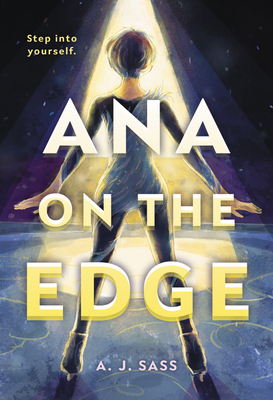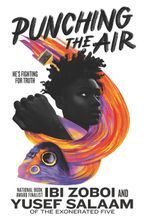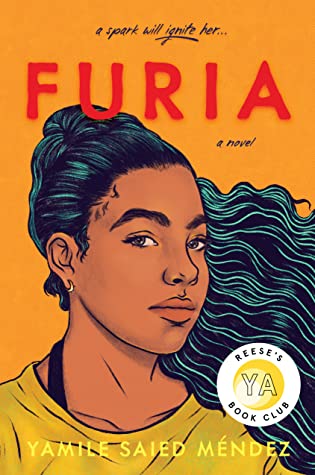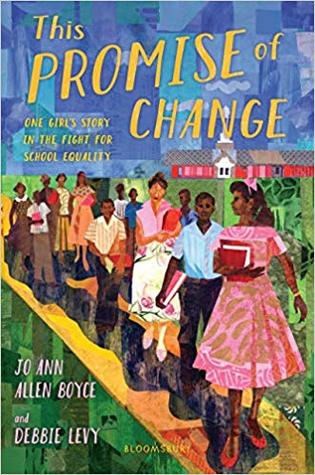Sixteen-year-old Nala attends her cousin’s activism group and falls for Tye, who is acting as MC in “Love is a Revolution” (Soho 2021) by Renee Watson.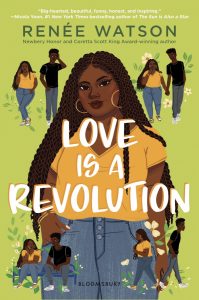 Nala likes music and parties and fun. She wants to spend the summer watching movies and trying new flavors at the creamery. But she also wants Tye. So she changes her narrative a bit, claiming to be an activist.
Nala likes music and parties and fun. She wants to spend the summer watching movies and trying new flavors at the creamery. But she also wants Tye. So she changes her narrative a bit, claiming to be an activist.
Nala regularly visits her grandma at the elder residency, but she tells Tye she’s doing a service project at the elder residency. “Maybe my lie could turn into the truth.” Maybe she could exhibit photos of the residents in the common room. It’s a little predictable, but it takes quite a while for Nala’s “doing good” to take place and the journey is interesting.
Out on a date, Nala marvels at how good Tye is—while she is living a lie. She doesn’t really like herself too much and yesterday this caused her to be upset. She held it back, then says, “The thing about tears. If you don’t cry them, they come out in other ways or just wait for another time. And here they are.” And now she’s crying in front of this amazing boy. Tye is so nice, he works to comfort her. She wonders if she deserves this.
In certain ways Tye is not totally honest—such as how about how he’s feeling. He’s always “fine” even when he’s not. Nala says, “Sometimes you have to acknowledge what’s hurting you. How else will you ever heal? We sit and sit, letting the sadness sink in, holding each other and watching the boats sway and sway until the sun has vanished…” Nala clearly has something to teach Tye.
Nala tells her aunt she intends to go to college—but does she? She makes a list: “4 Things I want to study in College (If I go): 1. Maybe Communications 2. Maybe Photography 3. Maybe Business 4. Maybe there’s a course on How To Be Yourself.”
Her aunt is pressing her to write her personal essay for college admissions. JT, a contemporary and usually a pain in the neck, says, “Maybe you are writing it for your aunt Ebony and not for yourself.” Yep, she has to find out who she is—she realizes this.
This love story about a plus-size African American girl will speak to many young readers about love, self-love, honesty, and coming of age.
Patricia Hruby Powell is the author of the award-winning Lift As You Climb; Josephine; Loving vs Virginia; and Struttin’ With Some Barbecue all signed and for sale at Jane Addams bookstore. She teaches community classes at Parkland. talesforallages.com
